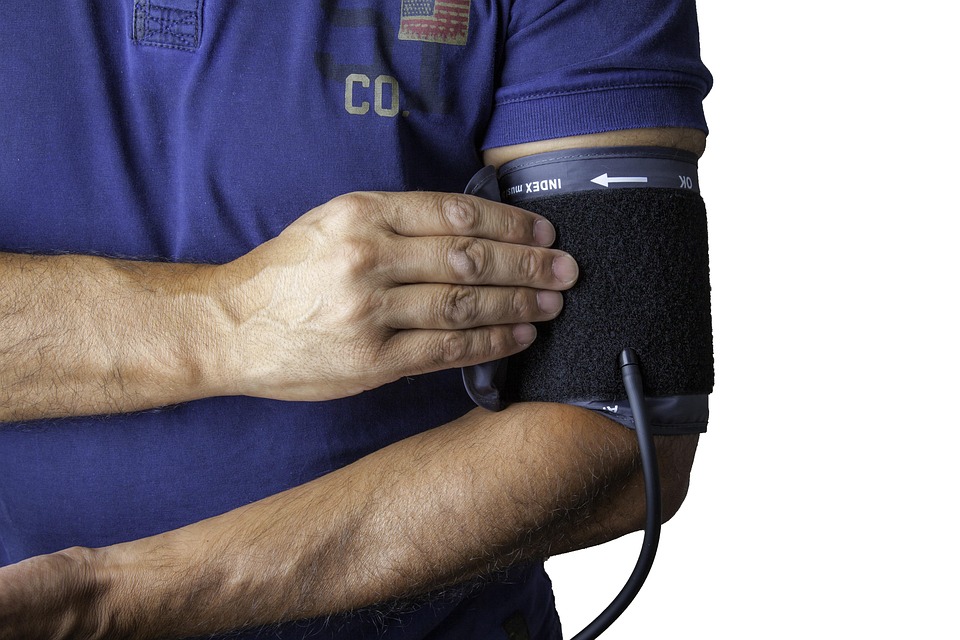Blood Flow: The Unsung Hero of Human Physiology
When we consider what keeps the body functioning, we often think of the heart or the brain. While these organs are undeniably important, there is another crucial component at play: blood flow. This article explores the essential role of blood flow in human physiology, understanding its mechanisms, functions, and impact on overall health.
The Fundamentals of Blood Flow
Blood flow refers to the continuous movement of blood throughout the body, facilitated primarily by the cardiovascular system. This complex network comprises the heart, blood vessels, and blood itself. By understanding how blood flows, we can appreciate its significance in maintaining homeostasis and supporting various bodily functions.
Components of Blood Flow
To fully understand blood flow, it’s essential to explore its components:
- The Heart: Often referred to as the pump, the heart’s rhythmic contractions propel blood through the circulatory system.
- Blood Vessels: Arteries, veins, and capillaries form a network that delivers oxygen and nutrients to tissues while removing waste products.
- Blood: Composed of red blood cells, white blood cells, platelets, and plasma, it serves various functions from oxygen transport to immune defense.
The Importance of Blood Flow
Blood flow is crucial for numerous physiological processes, which include:
1. Oxygen Delivery
The most fundamental role of blood flow is the delivery of oxygen from the lungs to tissues. Oxygen binds to hemoglobin in red blood cells, and as blood circulates, it releases oxygen to cells for energy production.
2. Nutrient Transport
In addition to oxygen, blood carries essential nutrients such as glucose, amino acids, and fatty acids from the digestive system to cells throughout the body. These nutrients are vital for cell metabolism and overall energy production.
3. Waste Removal
Blood flow also plays a pivotal role in waste removal. Carbon dioxide, urea, and other metabolic byproducts are transported back to the organs responsible for excretion, such as the lungs and kidneys, ensuring the body’s internal environment remains balanced.
4. Temperature Regulation
Through the process known as thermoregulation, blood flow helps maintain a stable body temperature. When body temperature rises, blood vessels dilate to increase blood flow to the skin, allowing heat to dissipate. Conversely, vasoconstriction occurs in cooler conditions, conserving heat by reducing blood flow to the surface.
5. Immune Function
Blood is a carrier of white blood cells and antibodies, which are crucial for immune defense. By facilitating blood flow, the body enables rapid response to infections and injuries, helping to protect against illness and promote healing.
Factors Affecting Blood Flow
Several factors influence blood flow, impacting both health and physical performance:
1. Blood Pressure
Blood pressure is a key determinant of blood flow. High blood pressure can lead to increased strain on blood vessels and the heart, while low blood pressure might reduce blood flow to vital organs, resulting in dizziness and fatigue.
2. Blood Vessel Health
The condition of blood vessels directly affects blood flow. Conditions such as atherosclerosis (hardening of arteries) can impede circulation, leading to reduced oxygen and nutrient delivery.
3. Physical Activity
Exercise increases heart rate and dilates blood vessels, promoting increased blood flow to working muscles. Regular physical activity can enhance vascular health, improve circulation, and optimize blood flow.
4. Hydration Levels
Maintaining proper hydration is essential for optimal blood flow. Dehydration can thicken the blood, making it harder for the heart to pump effectively and reducing overall circulation.
Blood Flow and Health: Why It Matters
Understanding the significance of blood flow extends beyond academic interest; it has practical implications for health and well-being. Here’s how optimal blood flow contributes to better health outcomes:
1. Heart Health
Efficient blood circulation is crucial for maintaining heart health. Poor blood flow can strain the heart and increase the risk of cardiovascular diseases. Activities promoting healthy blood flow, such as exercise and a balanced diet, are key to heart health.
2. Cognitive Function
Regular and effective blood flow to the brain is essential for cognitive functions including memory and focus. Reduced circulation can contribute to cognitive decline and increase the risk of neurodegenerative diseases.
3. Injury Recovery
Enhanced blood flow plays a vital role in recovery from injuries. Increased circulation delivers more nutrients and oxygen to injured tissues, supporting faster healing and reducing inflammation.
Improving Blood Flow
There are several strategies individuals can adopt to promote optimal blood flow:
1. Exercise Regularly
Engaging in aerobic activities such as walking, running, or cycling increases heart rate and promotes better circulation. Strength training can also enhance blood flow to muscle tissues.
2. Maintain a Healthy Diet
A diet rich in fruits, vegetables, whole grains, and lean proteins can promote cardiovascular health. Foods high in omega-3 fatty acids, such as fish and flaxseeds, can enhance blood flow.
3. Stay Hydrated
Ensure adequate fluid intake to maintain optimal blood viscosity and circulation. Hydration is particularly important during physical activities.
4. Manage Stress
Stress can constrict blood vessels and hamper circulation. Practices such as yoga, meditation, and deep-breathing exercises can help reduce stress levels and promote better blood flow.
Conclusion
Blood flow may be the unsung hero of human physiology, quietly performing multiple essential roles that sustain life. From delivering oxygen and nutrients to supporting immune defense, understanding blood flow can empower individuals to take charge of their health. By recognizing the importance of maintaining optimal circulation through lifestyle choices such as regular exercise, a balanced diet, and stress management, we can enhance our overall well-being and longevity. Pay attention to this vital component of health—after all, it keeps us alive!
FAQs
1. What is blood flow?
Blood flow refers to the movement of blood throughout the body, driven by the heart and its circulatory system.
2. Why is blood flow important?
Blood flow is essential for transporting oxygen, nutrients, and waste products, as well as supporting immune function and regulating body temperature.
3. How can I improve my blood flow?
You can improve blood flow by exercising regularly, maintaining a healthy diet, staying hydrated, and managing stress levels.
4. What are the signs of poor blood flow?
Signs of poor blood flow may include cold extremities, numbness or tingling in limbs, fatigue, and varicose veins.
5. Can diet affect blood flow?
Yes, a healthy diet rich in fruits, vegetables, and omega-3 fatty acids can enhance blood flow and support overall cardiovascular health.

